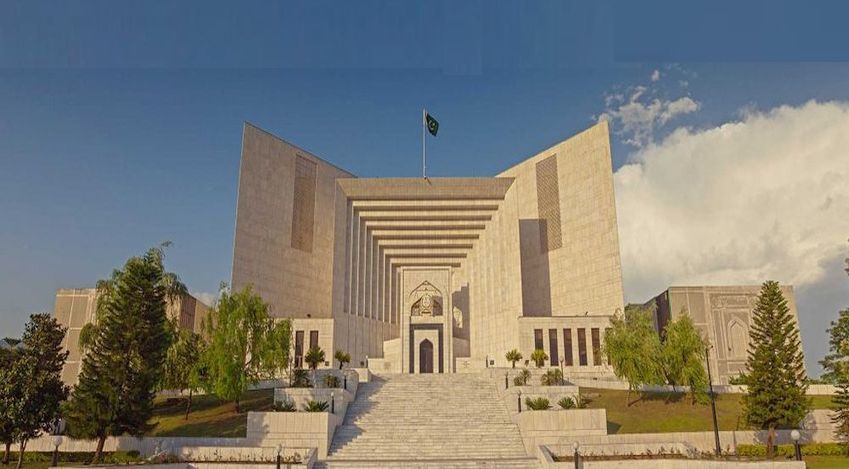The Dower Deeds must be proved through Clear Evidence before conferring Ownership --- Supreme Court of Pakistan
Islamabad 05-03-2025: The Supreme Court of Pakistan has dismissed an appeal in a long-standing property dispute involving the validity of a dower deed and the revisional jurisdiction of the High Court. The judgment, delivered in [Civil Appeal No. 156-P of 2013], reinforces key legal principles regarding the burden of proof in Civil cases, the presumption of genuineness for old documents, and the validity of gift transfers based on unverified ownership claims.
The dispute revolved around a dower deed allegedly executed in 1960 by husband in favor of his wife, transferring ownership of a 4 ½ marla house. In 1997, the wife gifted the property to donee / appellant, who later filed a suit for declaration of ownership. However, the validity of the dower deed was challenged, leading to a complex legal battle.
The Civil Judge, Charsadda, initially dismissed donee / appellant’s claim and decreed a suit in favor of respondent No. 1, another claimant. On appeal, the Additional District Judge reversed the decision, favoring donee / appellant. However, the Peshawar High Court (PHC), in its revisional jurisdiction under Section 115 CPC, restored the trial Court’s decision, ruling against donee / appellant.
The Court held that a dower deed must be duly proved before it can be considered a valid title document. Since the wife failed to provide sufficient evidence, the subsequent gift deed executed in favor of donee / appellant had no legal standing.
The Supreme Court of Pakistan reaffirmed that under the Qanun-e-Shahadat Order, 1984, documents older than 30 years can be presumed genuine but only if they are produced from proper custody. In this case, the dower deed was produced by a scribe rather than a lawful custodian, making the presumption inapplicable. Allah Ditta Vs. Aimna Bibi (2011 SCMR 1483)
The Court ruled that a gift (Hiba) is not an independent source of ownership but merely transfers an existing title. Since the wife’s ownership through the dower deed was unproven, she had no legal right to gift the property to donee / appellant.
The Supreme Court of Pakistan upheld the Peshawar High Court’s exercise of revisional jurisdiction under Section 115 CPC, stating that the High Court was well within its powers to correct errors made by the Appellate Court.
The Court reiterated that a consent decree obtained through fraud or misrepresentation can be set aside under Section 12(2) CPC. In this case, donee / appellant’s decree was successfully challenged, leading to its nullification.
The Supreme Court of Pakistan found no legal ground to interfere with the High Court’s decision and dismissed the appeal, reinforcing the importance of proving ownership through valid documentary evidence before claiming property rights.
This ruling sets a strong precedent in property disputes, emphasizing that:
- Dower deeds must be proved through clear evidence before conferring ownership.
- Presumption of genuineness for old documents does not apply if proper custody is not established.
- Gift transfers are invalid if the donor lacks a legitimate title.
High Courts have broad powers under Section 115 CPC to correct errors of law.
Powered by Froala Editor








